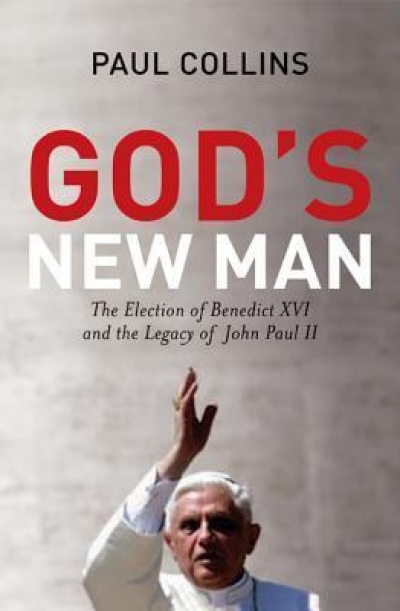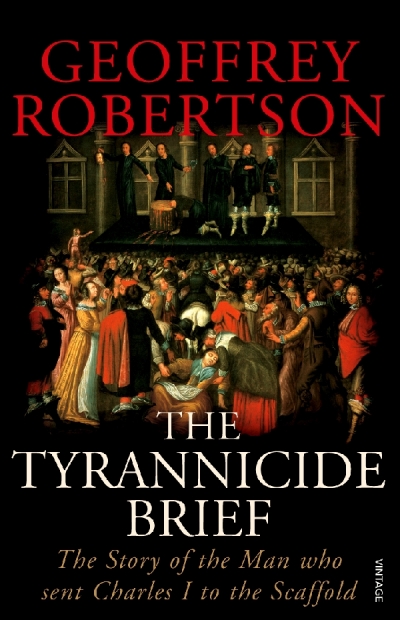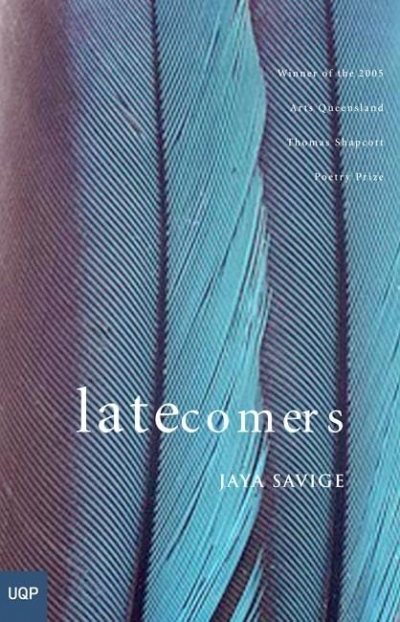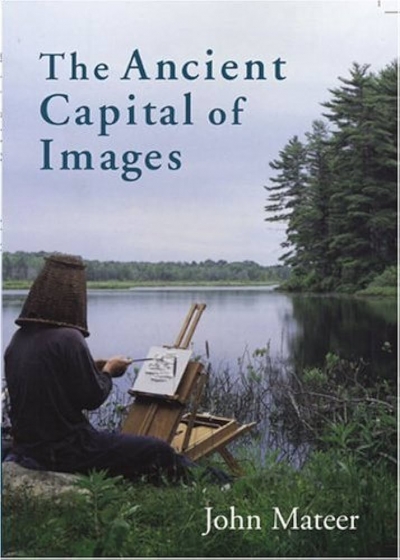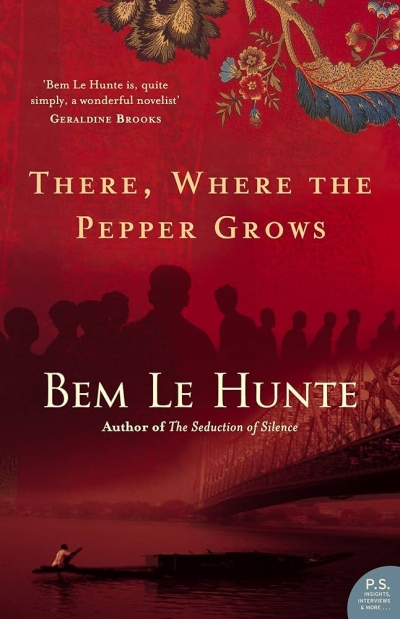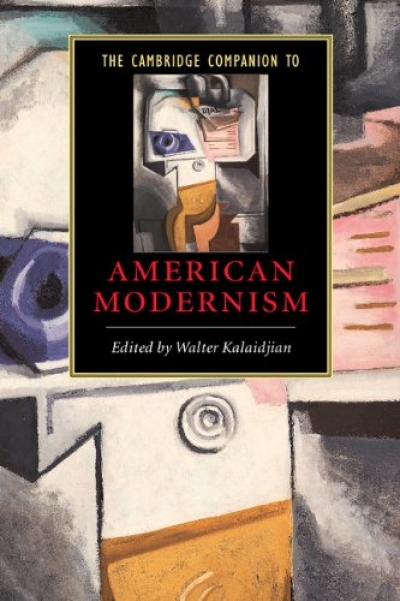Review
Crackpots, Ratbags and Rebels by Robert Holden & Up Close by Peter Wilmoth
by Vivienne Kelly •
God’s New Man: The election of Benedict XVI and the legacy of John Paul II by Paul Collins
by Adam Carr •
The Tyrannicide Brief: The story of the man who sent Charles I to the scaffold by Geoffrey Robertson
by John Button •
Telling the Truth About Aboriginal History by Bain Attwood
by A. Dirk Moses •
Beyond The Legend by Noni Durack & Out Of The Silence by Wendy James
by Christina Hill •
The Ancient Capital of Images by John Mateer & The Yellow Dress by Yve Louis
by Michael Sariban •
There, Where the Pepper Grows by Bem Le Hunte & Behind the Moon by Hsu-Ming Teo
by Lisa Gorton •
The Cambridge Companion to American Modernism by Walter Kalaidjian
by Heather Neilson •


